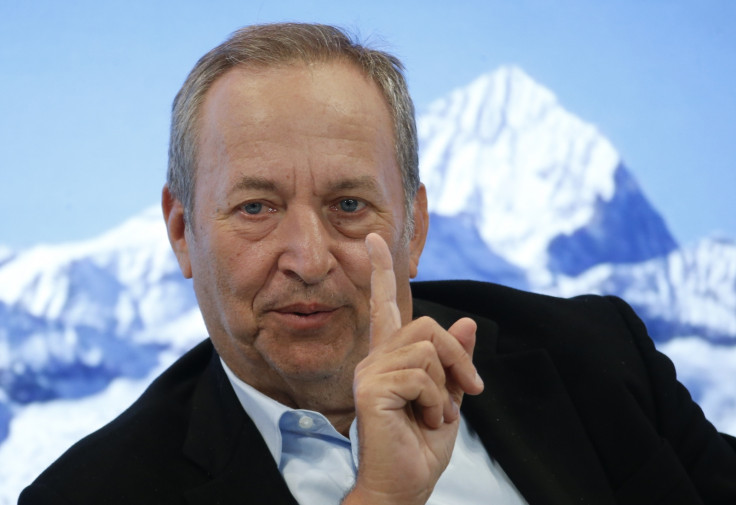Davos 2017: Trump's a 'bizarre manifestation' of growing concern over inequality, says Larry Summers
Ex Clinton and Obama official believes populism will hurt those "in whose name the policy was offered" the most.

The ongoing wave of global populism being propagated by the likes of Donald Trump would end up harming the very people "in whose name" such policies were pitched, especially lower income groups, according to Larry Summers, former US Treasury Secretary in the Clinton administration.
Speaking at the 2017 World Economic Forum in Davos, Switzerland on Wednesday (18 January), Summers, who also served as director of the US National Economic Council for President Barack Obama until November 2011, warned history bore testimony to the fact that whenever populist policies have been enacted, the people who end up being the victims are lower income and middle class groups in whose name the policy was pitched.
"There is deep concern about populist policies, particularly populist nationalist policies that lurk into protection. And that's a very real risk hanging over the global economy."
He added that "animal spirits," emotional feelings of optimism, have been "running high" stateside since Donald Trump won the US presidency, but the incoming president's anticipated tax cuts were unlikely to benefit the poor.
Summers also said Trump's "rhetoric and announced policies" over Mexico, which have led to a big fall in the value of the Mexican peso against the dollar, could threaten US jobs, as a weaker peso would make it more attractive for companies to relocate there, potentially putting American manufacturing jobs at risk.
The former World Bank chief economist also described Trump, who is due to be inaugurated the 45<sup>th US president on Friday (20 January), as a "bizarre manifestation" of the world's growing concern about wealth inequality.
Speaking to CNBC television, Summers accused Trump of short-termism saying his policies might provide a boost to the US economy over the short-term but little more. "Ultimately, there will be more uncertainty, reductions in confidence and a bit of a downward spiral."
"Furthermore, there's a lot anxiety here about what's happening politically in many parts of the industrialised world, including Brexit, upcoming elections in Europe and the Trump effect in the US."
© Copyright IBTimes 2024. All rights reserved.






